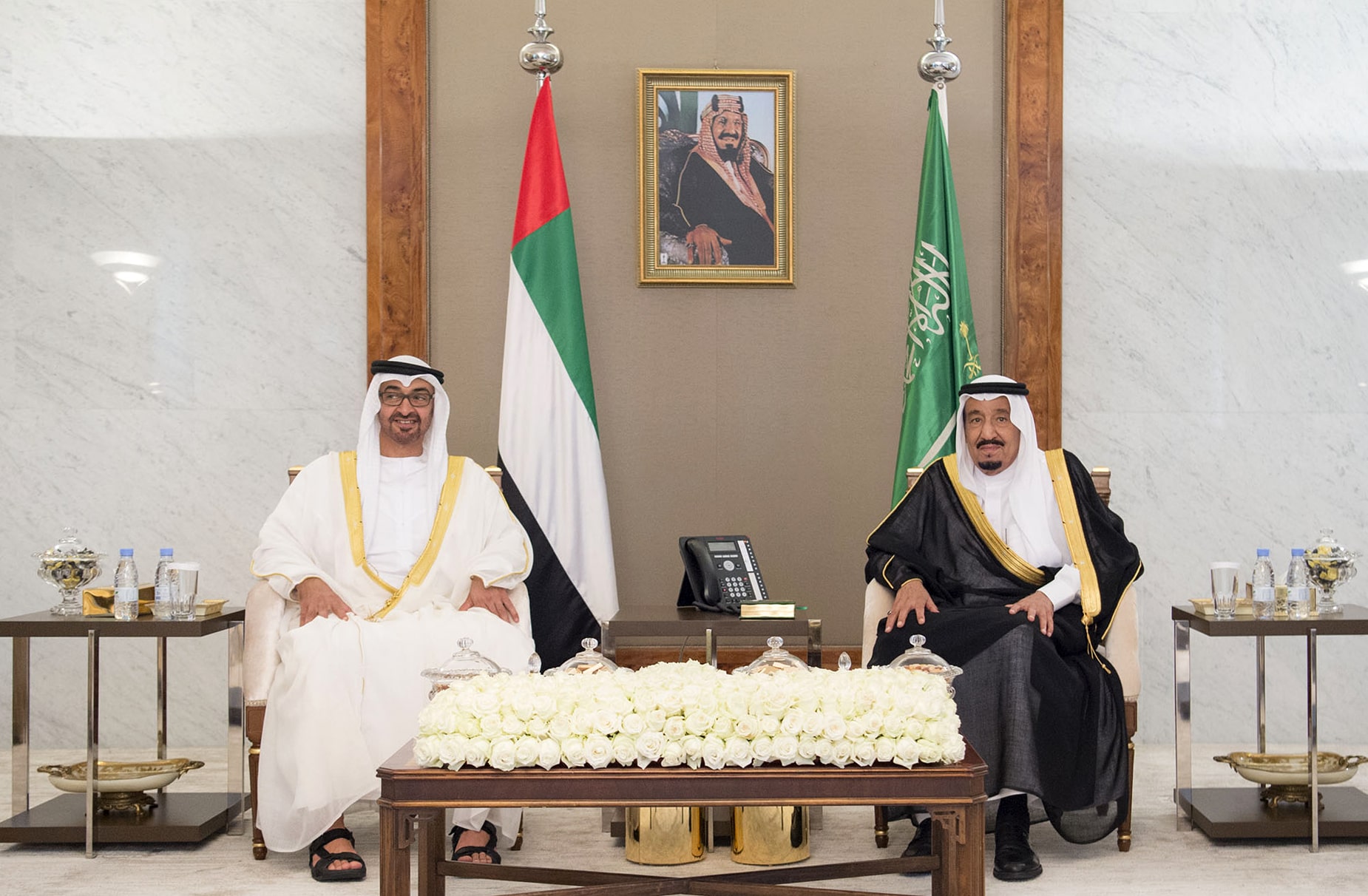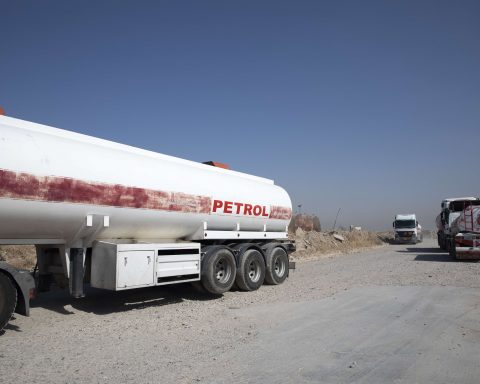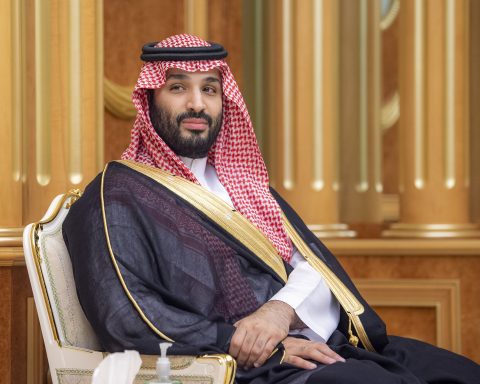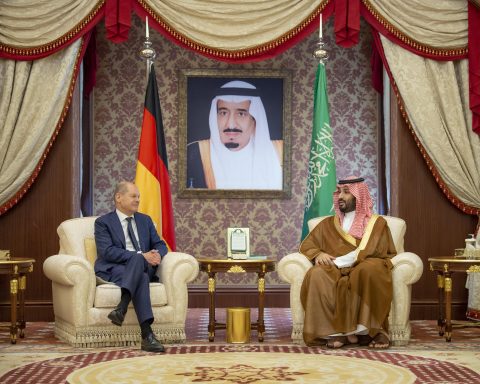Saudi Arabia’s pro-government commentator is publicly criticizing the UAE’s participation in Yemen, which is a rare action that underscores political and economic standoffs between the two Gulf allies, according to a Reuters article.
Saudi Arabia is attempting to limit a power struggle in southern Yemen between the internationally recognized government, which is backed by Riyadh, and the major separatist party, which is backed by the UAE.
“If Abu Dhabi does not help in implementing the Riyadh agreement regarding the south Yemen crisis, and keeps obstructing it, I think that Saudi-Emirati ties will continue to be tested,” Suleiman al-Oqeliy, a political writer who frequently represents official Saudi viewpoints, wrote on Twitter on Saturday.
“The Kingdom, the government and its people, will not allow anyone to tamper with Yemen’s security and harm it. Its patience may be great but it has limits,” tweeted Abdullah al-Hatayla, Deputy Editor of Saudi Arabia’s semi-official Okaz newspaper.
Authorities in the Gulf country tightly monitor social media, and pro-government commentators in Saudi Arabia seldom criticize the Kingdom’s allies.
The UAE is a member of the Saudi-led military coalition that intervened in Yemen in 2015 against the Iran-aligned Houthis, who overthrew the government in Sanaa. Abu Dhabi’s military participation in Yemen ended in 2019, leaving Riyadh with an expensive and unpopular conflict, but it maintains control over Yemeni rebels it equipped and trained.
The Southern Transitional Council, which is also a part of the alliance, has twice taken Aden, the interim headquarters of the Saudi-backed government, forcing Riyadh to arrange a power-sharing pact that has yet to be completely implemented.
The analysts’ criticism comes after a public feud between Riyadh and Abu Dhabi hampered policymaking by OPEC+, a group made up of OPEC and its partners. When OPEC+ met again on Sunday, it achieved an agreement to raise oil supply after the two Gulf producers reached an accord.














